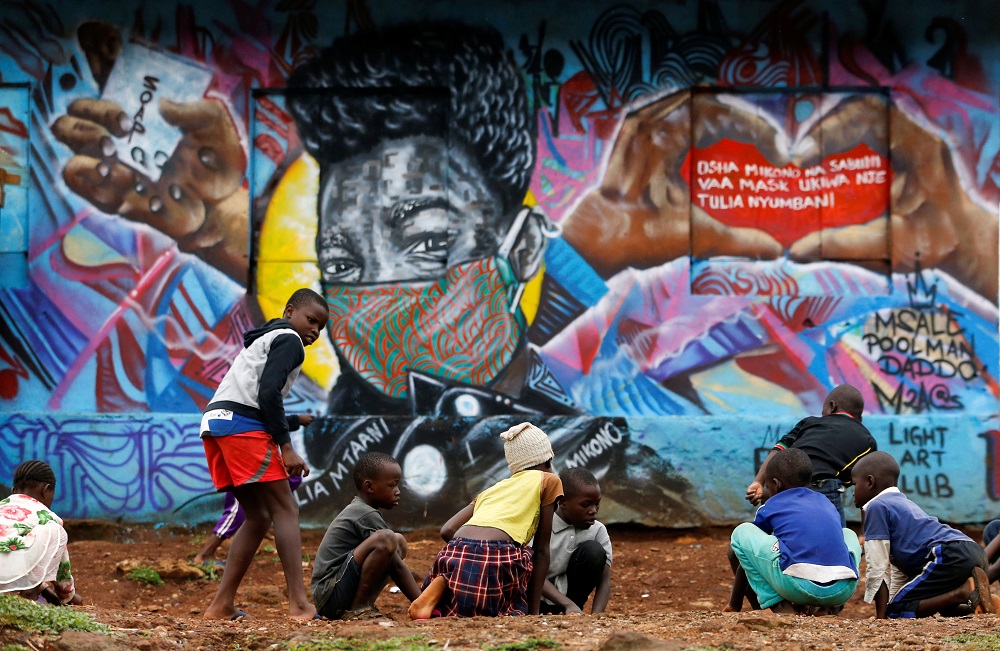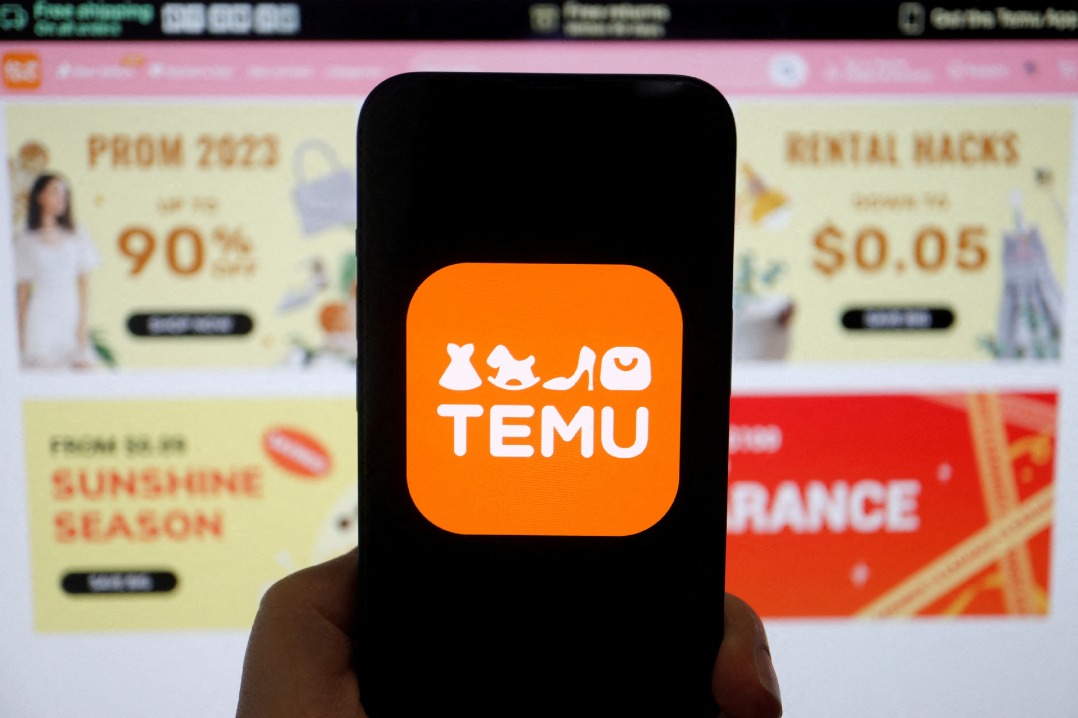Kenya takes measures to prevent spread of pandemic to villages


With the Kenyan government enhancing efforts to control the spread of coronavirus, residents in the rural areas and officers are keenly observing imposed directives to ensure the pandemic does not find its way into villages, where the impact could be disastrous.
COVID-19 has so far infected 355 people and killed 14 in the country.
Strict measures have been taken at Kithyoko market in Machakos County. Water and soap have been kept at all the shop entrances, and customers should wash their hands before entering. Others have kept hand sanitizers for customers to use before entering shops.
Daniel Nzomo, senior assistant chief at Kithyoko sub-location, said he is working closely with the Nyumba Kumi Initiative, a strategy of anchoring community policing at various levels, including households, markets and estates, to ensure government directives in controlling the virus are observed.
Nzomo said that on Sundays he visits all churches in his sub-location to ensure they are closed and no gatherings are taking place.
Every day at 7 pm, he patrols all the shopping centers accompanied by the police and the community policing teams to make sure the dusk-to-dawn curfew is observed.
"We are discouraging idling at shopping centers and markets," Nzomo said. People visiting markets should quickly buy whatever they need and leave, he said.
"We are encouraging people to stay at home in order to ensure the virus does not spread."
He said it would be disastrous if the virus spreads to the villages, which are less developed, have high rates of poverty and a large elderly population, most of whom are susceptible to contracting the coronavirus.
He said only 15 members of a family are allowed during burial ceremonies, and every attendee should wear a mask and observe social distancing rules. The funeral service should be completed within 1 hour.
At a recent burial ceremony in Mwatungo village, he said the funeral service took about 40 minutes and few family members were allowed to attend. The deceased was not a victim of coronavirus.
"Two sons of the deceased person sneaked in from Nairobi to attend the burial ceremony. One of them went back when he learned we were looking for him; we put the other on a 14-day self-quarantine under close observation from health officers. We are making sure nobody comes to villages from the most affected cities," Nzomo said.
Mary Chebet, a resident of Kapsabet in Nandi County, said villagers are keenly observing the measures, such as controlled movement, hand-washing and wearing masks in public places. There is also a mandatory self-quarantine for people coming from affected counties.
She said the entry to Kapsabet town is strictly monitored by the municipality to ensure whoever enters the town washes their hands first.
"The secondhand clothes market has been closed, the number of people entering the market is controlled, and soap and water kept at shop entrances. The county government has provided free soaps," Chebet said.
On Saturday, President Uhuru Kenyatta extended the nationwide curfew by 21 days and announced the cessation of movement in and out of the Nairobi metropolitan area and the counties of Kilifi, Mombasa and Kwale, most of which are affected by the pandemic.
Kenyatta appealed to Kenyans to adhere to the measures put in place by the government and assured the nation the economy will reopen soon.
Rashid Aman, chief administrative secretary for health, said the Ministry of Health, in collaboration with the county governments, will identify coronavirus isolation facilities in all the counties.
Aman urged the counties to strengthen the multisectoral structures and educate their communities on how to stay healthy.
Kenya's new guidelines on nutrition recommend increased consumption of fruits and vegetables to improve antioxidant levels in the body.
The ministry has also recommended tea, lots of water, chicken soup, and herbs like sage, oregano and cinnamon for mild symptoms like cough, sore throat, fever and headache.





























